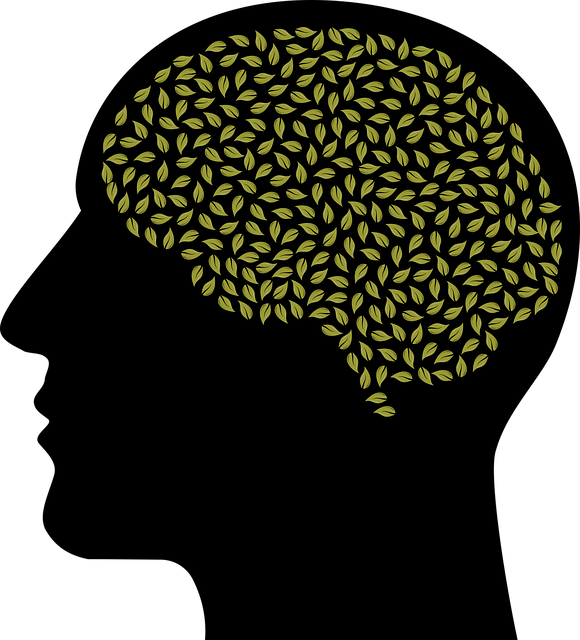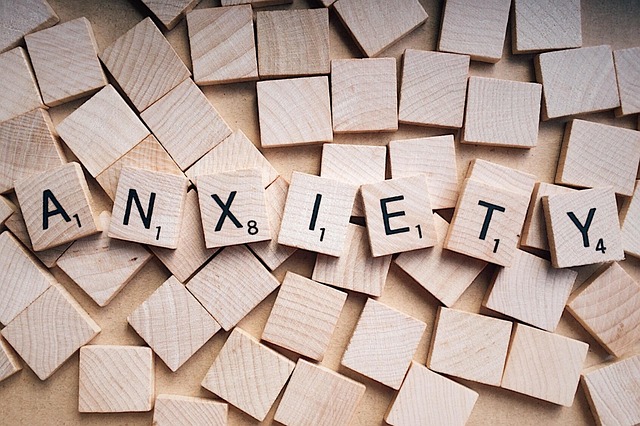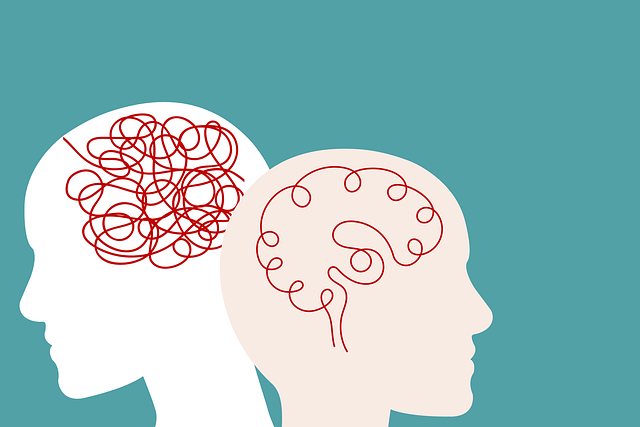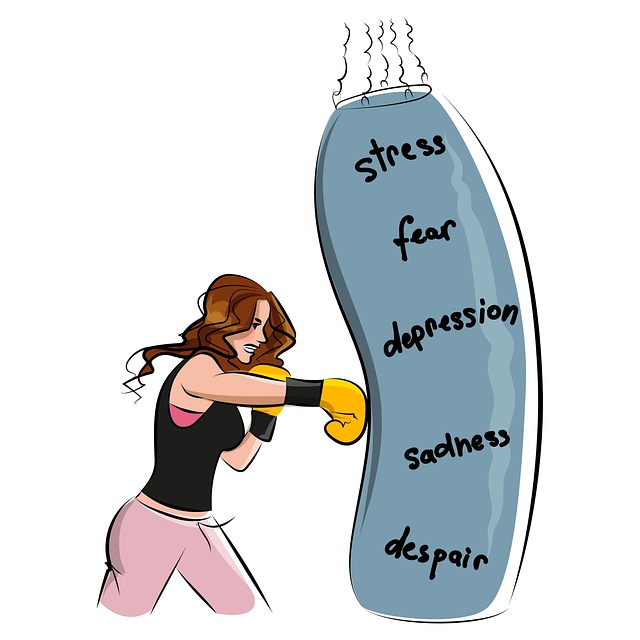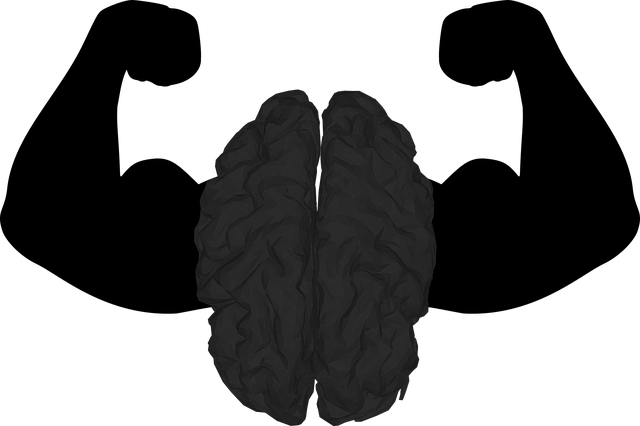Depression prevention through early intervention is key, and Broomfield ADD-ADHD Therapy offers a specialized approach. Recognizing subtle signs like persistent sadness, changes in appetite and sleep, fatigue, and isolation is crucial. Their program combines evidence-based practices with coping mechanism development, conflict resolution skills, and regular risk assessments to identify at-risk individuals early. Incorporating social skills training, mental health education, and healthy lifestyle changes, Broomfield ADD-ADHD Therapy guides clients towards proactive depression prevention and improved mental wellness. Building a strong support network is emphasized as a vital component of their holistic care approach.
Depression is a prevalent yet profound mental health challenge, affecting millions worldwide. This article explores comprehensive strategies to prevent and manage this condition. From recognizing subtle signs to innovative therapies like Broomfield ADD-ADHD Therapy, we uncover effective paths towards well-being. Learn how lifestyle adjustments, support networks, and professional guidance can significantly improve mood and quality of life. Discover practical steps to navigate and overcome depression, empowering you to lead a fulfilling existence.
- Understanding Depression: Recognizing the Signs and Symptoms
- Broomfield ADD-ADHD Therapy: A Unique Approach to Mental Health Support
- Lifestyle Changes for Improved Mood and Well-being
- Building a Strong Support Network: The Power of Connection
- Professional Help: When and How to Seek Depression Treatment
Understanding Depression: Recognizing the Signs and Symptoms

Depression is a complex mental health condition that impacts millions worldwide, and early recognition is key to effective prevention. Understanding the subtle signs and symptoms can empower individuals and communities to take proactive measures before depression takes hold. Common indicators include persistent feelings of sadness or hopelessness, changes in appetite and sleep patterns, fatigue, difficulty concentrating, and increased isolation. These symptoms can vary in intensity and may come and go, making it crucial to be observant of shifts in mood and behavior.
In Broomfield, ADD-ADHD therapy has been instrumental in helping individuals manage not only Attention Deficit Hyperactivity Disorder but also the underlying emotional challenges that may contribute to depression. Conflict resolution techniques, coping skills development, and regular risk assessment for mental health professionals are valuable tools in identifying at-risk individuals early on. By equipping people with healthy coping mechanisms and providing support systems, communities can foster resilience and prevent depressive episodes from occurring or escalating.
Broomfield ADD-ADHD Therapy: A Unique Approach to Mental Health Support

In the realm of mental health support, Broomfield ADD-ADHD Therapy offers a unique and innovative approach, specifically tailored to address Attention Deficit Disorder (ADD) and its impact on individuals’ lives. This specialized therapy focuses on providing comprehensive care by combining evidence-based practices with a deep understanding of the challenges faced by those with ADD. The program is designed to empower clients, helping them develop essential coping mechanisms and strategies for managing symptoms effectively.
Broomfield’s approach goes beyond traditional therapy by incorporating Social Skills Training, which is instrumental in enhancing interpersonal relationships and communication. This training plays a pivotal role in anxiety relief, as it teaches individuals effective social interaction techniques, thereby fostering a sense of belonging and reducing social anxiety. By integrating Mental Health Awareness into the core curriculum, the therapy ensures that clients not only learn to manage their symptoms but also develop a profound understanding of mental health in general.
Lifestyle Changes for Improved Mood and Well-being

Adopting healthy lifestyle changes can significantly impact one’s mood and overall well-being, offering a proactive approach to depression prevention. Regular physical activity, for instance, releases endorphins, often referred to as ‘feel-good’ hormones, which can boost mood and reduce symptoms of depression. Incorporating daily exercise routines, such as brisk walking or yoga, into your schedule can be a powerful tool in maintaining mental health. Additionally, prioritizing quality sleep is essential; aiming for 7-9 hours of uninterrupted rest each night allows the brain to repair and rejuvenate, contributing to improved emotional resilience.
Nutrition plays another vital role in mood regulation. A diet rich in whole foods, including fruits, vegetables, lean proteins, and healthy fats, provides the necessary nutrients for optimal brain function. Conversely, excessive sugar and processed foods can lead to energy crashes and negatively impact mood. Consider consulting with a Broomfield ADD-ADHD therapist or mental health professional who can guide you in developing personalized strategies for healthier eating, stress management, and cultivating positive emotional healing processes, thereby enhancing your overall risk management planning.
Building a Strong Support Network: The Power of Connection

Building a strong support network is an essential aspect of depression prevention and fostering mental wellness. In today’s fast-paced world, connection and community often take a back seat to our individual pursuits. However, cultivating meaningful relationships can serve as a powerful shield against the darkness of depression. At Broomfield ADD-ADHD Therapy, we emphasize the importance of social support in maintaining and improving mental health.
The power of connection lies in sharing experiences, emotions, and struggles with trusted individuals. Whether it’s family, friends, or support groups, these connections provide a safe space to express ourselves without judgment. Adopting mind-over-matter principles can help us shift our perspectives and build resilience. By surrounding ourselves with supportive people, we create a buffer against the negative thoughts that often accompany depression, fostering a sense of belonging and purpose.
Professional Help: When and How to Seek Depression Treatment

When facing persistent feelings of sadness, hopelessness, or loss of interest, it’s crucial to recognize when professional help is necessary. Seeking treatment for depression is a brave step towards recovery and can be life-changing. If you’ve been experiencing symptoms for more than two weeks, consulting a healthcare professional is essential. They can provide a comprehensive evaluation, offer a diagnosis, and design an individualized treatment plan tailored to your needs.
In Broomfield, ADD-ADHD therapy has proven effective in managing depression, especially when combined with self-care practices. Mental health education programs designed to foster positive thinking can also be beneficial. These therapies empower individuals to understand their condition, develop coping strategies, and cultivate resilience. Remember, reaching out for support is a sign of strength, and many resources are available to guide you towards a brighter, more hopeful future.
Depression is a complex condition, but with the right strategies, prevention and recovery are achievable. By recognizing signs early, adopting lifestyle changes, building strong support networks, and knowing when to seek professional help – such as exploring innovative approaches like Broomfield ADD-ADHD Therapy – individuals can take proactive steps towards a brighter, more balanced mood and improved overall well-being. Remember, reaching out for assistance is a sign of strength, and with the right support, depression can be overcome.
